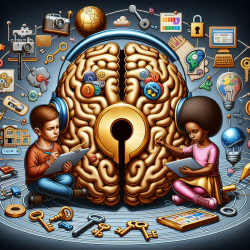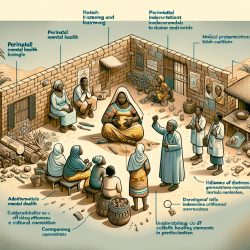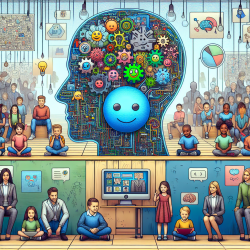As practitioners in the field of speech-language pathology and rehabilitation, we continuously seek innovative and effective methods to enhance the cognitive and language skills of our clients. The integration of daily problem-solving activities into therapy sessions presents a compelling approach to support individuals, especially those recovering from brain injuries or managing language disorders. Drawing on insights from recent research, this post explores how daily problem-solving activities can be a transformative tool in therapy, offering practitioners actionable strategies to implement these activities effectively.
Problem-solving is a critical cognitive skill that influences various aspects of daily living and independence. For individuals recovering from traumatic brain injuries or those with language disorders, the ability to navigate everyday challenges can be significantly impaired. Engaging in daily problem-solving activities, as highlighted in the research by Andrew K. Gruen and Lynn S. Gruen, provides a structured framework to enhance these essential skills. The activities, designed with real-life scenarios in mind, aim to improve reasoning, memory, judgment, organization, and other cognitively based skills crucial for functional living and community reentry.
Here are several ways practitioners can integrate daily problem-solving activities into their therapy sessions:
- Start with Real-Life Scenarios: Utilize scenarios that mirror the challenges clients may face in their daily lives. This could range from managing finances, navigating social interactions, to planning and executing tasks. Tailoring these activities to reflect the individual's specific challenges will make the therapy more relevant and engaging.
- Incorporate Technology: Leverage interactive computer programs and apps that simulate real-life problem-solving situations. Such technology can provide a safe and controlled environment for clients to practice and develop their skills.
- Focus on Functional Communication: For individuals with language disorders, integrating problem-solving with functional communication tasks can be particularly beneficial. Activities that require clients to request information, clarify misunderstandings, or express their needs and preferences can enhance both their problem-solving and communication skills.
- Encourage Reflection: After engaging in problem-solving activities, encourage clients to reflect on their thought process, the strategies they used, and how they might approach a similar problem differently in the future. This reflection can deepen their understanding and improve their ability to apply these skills in real-world situations.
- Collaborate with Caregivers: Engage caregivers in the therapy process by providing them with guidance on how to incorporate problem-solving activities into daily routines. This can help reinforce the skills learned in therapy and support the client's progress.
Implementing daily problem-solving activities offers a dynamic and practical approach to therapy that can significantly impact individuals' cognitive and language abilities. By embedding these activities into therapy sessions, practitioners can provide their clients with the tools they need to navigate the complexities of daily life more effectively.
It's important to remember that the success of integrating problem-solving activities into therapy depends on the individual needs and abilities of each client. As practitioners, our role is to adapt these activities to fit our clients' unique contexts, ensuring that they are both challenging and achievable.
In conclusion, daily problem-solving activities represent a valuable addition to the therapeutic toolkit for enhancing cognitive and language skills. By drawing on the strategies outlined in the research and adapting them to meet the needs of our clients, we can support them in achieving greater independence and quality of life.
To explore more about the integration of problem-solving activities into therapy and the research behind it, please follow this link: Daily Problem Solving Activities.










